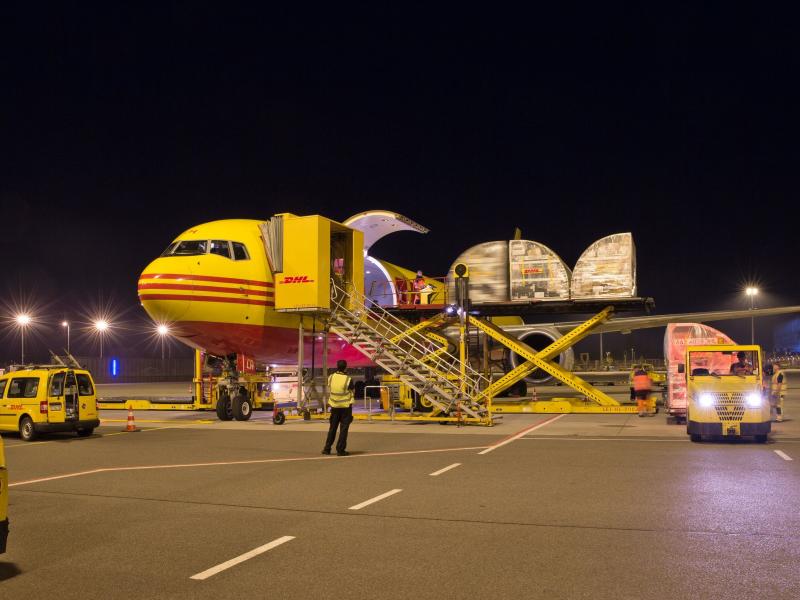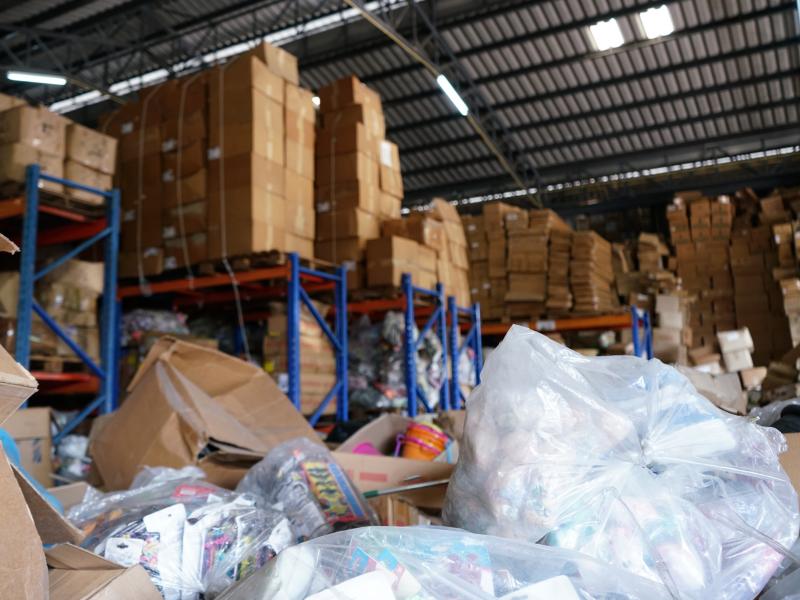Catherine Beard reflects on two challenging years for the export sector, but is optimistic about the year ahead.
It has been a tough couple of years for exporters in terms of dealing with Covid-19 and all the challenges it has presented. These challenges include shipping and logistics constraints, increased costs and unreliable freight movements (both for sea and air cargo and even with some Government support for air cargo).
Our bigger food exporters have survived despite the challenges, with strong commodity prices for meat and dairy helping to offset the higher freight prices. But this won’t be the case for all goods exporters, because if they are not scaled up they have less bargaining power and are more at the mercy of forces outside their control.
The Kotahi logistics group, a collaboration between Fonterra and Silver Fern Farms, has been a life-saver for a number of exporters. There are around 50 exporters in the group now and it makes them one of Maersk’s significant customers globally, which has obviously served them well. In addition to this, some of the larger exporters and importers into New Zealand have been collaborating on bulk break charters to get goods to market.
It is expected that the global supply chains will have another rocky year, but on a positive note there is a lot of new ship-building going on as well. So hopefully that will come into play sooner than later.
In terms of air cargo, that will remain constrained until such time as we get our tourists back on planes coming to and from New Zealand. It is those “bums on seats” that makes air cargo affordable.
I expect that as the New Zealand public get used to living with Covid-19, with a pretty highly vaccinated population, we will hopefully see the return of tourism and international students in 2022. A lot will depend on keeping hospitalisation rates low.
One of the positives to happen in 2022 is our ability to travel to and from New Zealand without having to go through an MIQ system that was not coping with demand.
Exporters will once again be planning to get out to customers for face-to-face meetings, attend trade shows and fill up the pipeline with new work.
While exporters coped with not being able to travel in the early stages of Covid-19, this became less tenable once the rest of the world started to travel and meet in person again.
It was not just goods exporters that found this a problem, it was our digital and services exporters as well. I heard from NZTE that tech and services exporters went backwards the most (particularly if they were small) and were the biggest cohort wanting an MIQ allocation to travel.
This is not surprising to me, because selling services and ICT products is a lot about relationships, and these take time to build and you need to be in the market to do it.
We have heard reports from exporters that they are moving their families to their overseas markets to support their business development, rather than trying to do it from New Zealand. We are also hearing about manufacturers that are “offshoring” their manufacturing, closer to their customers, to avoid supply chain problems and ensure they never have to endure another lockdown of their business.
While hopefully lockdowns will not happen again in New Zealand as we learn to live and work with Covid under the new traffic light system, companies will do what they need to do to mitigate their risks.
Optimism still rules
Exporters remain an optimistic bunch and our most recent annual ExportNZ DHL Export Barometer found that 62 percent were expecting an increase in export orders in the 12 months ahead. So they are definitely more confident than a year ago and now with a vaccine to support us to tackle this virus, people can see the light at the end of the tunnel.
Catherine Beard (pictured) is Director Advocacy, at BusinessNZ.





